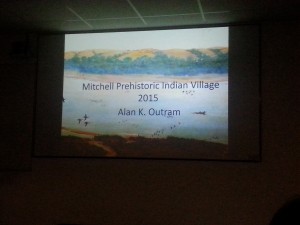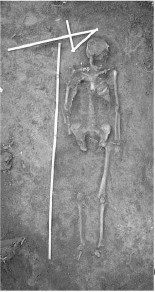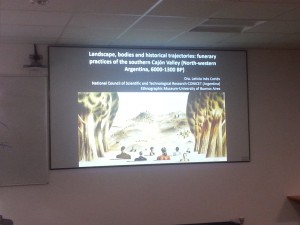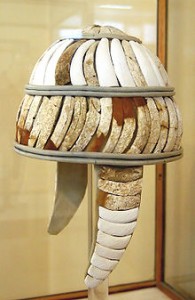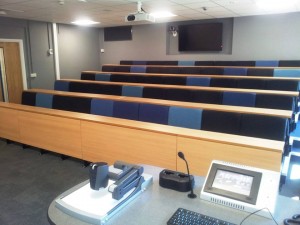We were treated to a very different kind of research seminar on Friday when three of our PhD researchers bravely took the stage to present on their work. The three students had recently given these papers at EAA Glasgow and were invited to share them with the department, which was great for those who couldn’t make it to Scotland in September! In a break from the usual format, each student gave a 20 minute presentation followed by questions. The turnout was fantastic, it was great to see such support for postgraduate research! There was even a live tweet going on – follow it with the hashtag #PGtakeover.
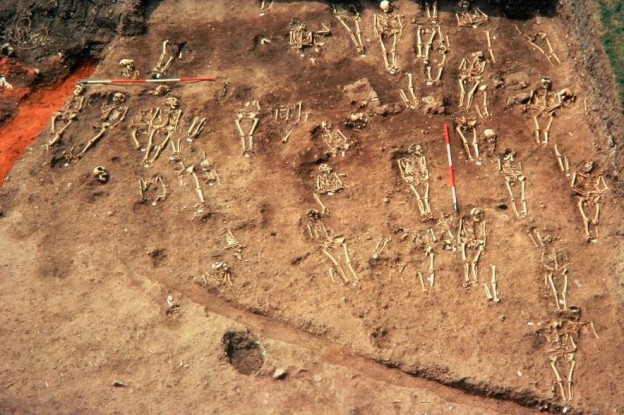

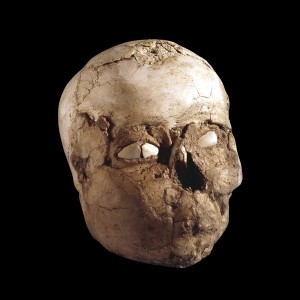
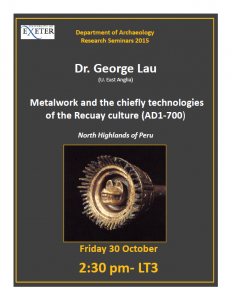 Our visiting speaker last Friday was Dr. George Lau of the University of East Anglia. He delivered an artefact rich presentation entitled “Metalwork and the Chiefly Technologies of the Recuay Culture (AD1-700), North Highlands of Peru”.
Our visiting speaker last Friday was Dr. George Lau of the University of East Anglia. He delivered an artefact rich presentation entitled “Metalwork and the Chiefly Technologies of the Recuay Culture (AD1-700), North Highlands of Peru”.